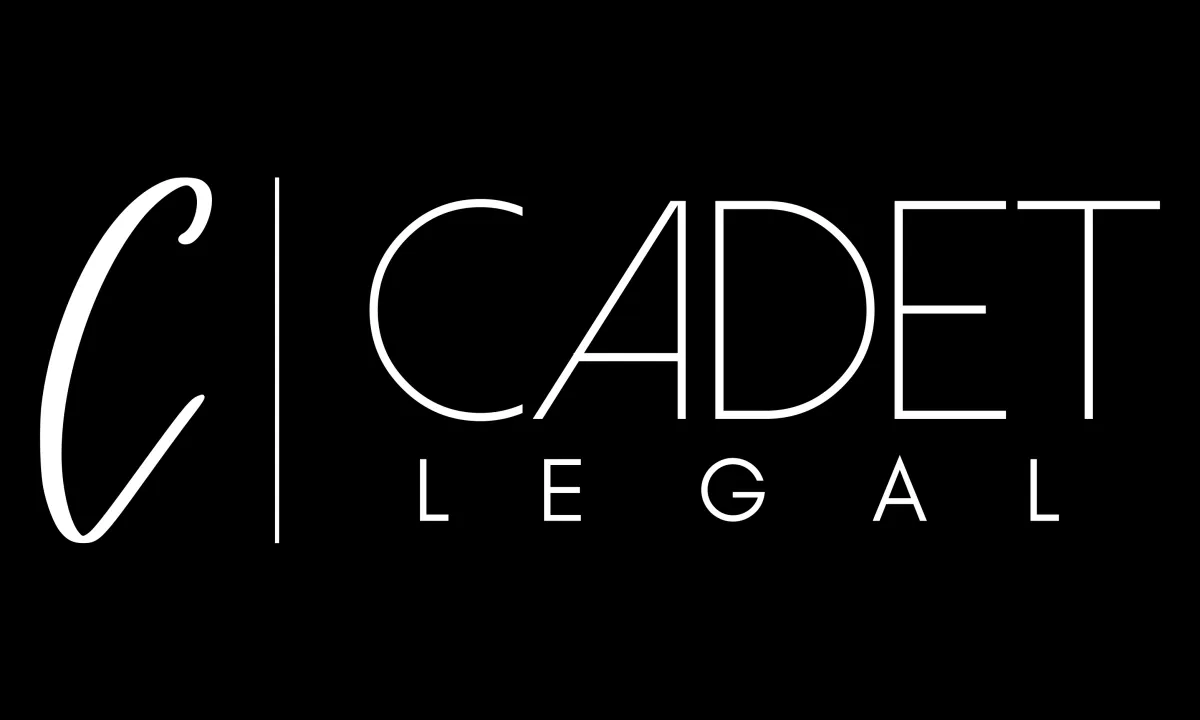
A Modern (AI) Fund Needs Modern Disclosures
By amount of time spent, M&A of various sorts dominates my practice, but I am still a practicing fund formation attorney. Despite multiple acquisition closings in Q1 of this year, one of my favorite wins was advising on the launch of a hedge fund that used AI methods as part of its proprietary investment process (let’s call it the “AI Hedge Fund”).
To be clear, more of my clients are raising equity via PE funds or SPVs than launching hedge funds. Still, some of my takeaways from drafting disclosures for that AI Hedge Fund have application to those raising equity across various asset classes.
Disclosure, Disclosure, Disclosure
For the development of my skills as a fund formation attorney, I credit much of my early foundation to the funds group at Debevoise and Plimpton, LLP. When it comes to regulatory disclosures, however, my most influential period of growth occurred while I was working at a West Coast based tech law firm. The partner I worked with there was a smart, extremely demanding, ex-SEC attorney. While I am much more a dealmaker than a regulatory guy, that partner’s lectures regarding the importance of tailoring disclosures in private placement materials have stayed with me.
In the seven years since, I have often seen the opposite of tailored disclosures in private placement documents - the same old language is repeated like boilerplate in company/fund risk factors.
The lack of uniqueness makes sense to a degree. As I often tell my juniors, you can boil down the most fundamental risk of private investing into a single sentence - “the securities offered involve a high degree of risk and have not been registered; you may not receive any return on your investment and you should be prepared to lose your entire investment.”
That said, best practices still require drafting industry and issuer-specific risks since the SEC has made clear that generic boilerplate risk factors may not protect a company/fund from anti-fraud provisions in the securities laws.
Are You Monitoring the Market?
Risks shift over time, so a good funds attorney monitors the trends in the market, technology, and regulatory/enforcement regimes. What we have been noticing is:
AI-Specific Enforcement: In the last 18 months, both the SEC and FTC have brought several enforcement actions against issuers for over-selling the use or effectiveness of AI tools.[1] Under the Trump administration we anticipated less “regulation by enforcement,” in general, and a loosening of AI regulation, in particular. As of a few days ago, however, the AI deregulation provision that appeared in earlier drafts was not included in version of the “Big, Beautiful Bill” that passed.[2]
Cybersecurity Related Enforcement: Last year the 5th Circuit vacated the SEC’s new fund advisor rules, including those related to cybersecurity. Don’t relax too much. In its examinations, the SEC will continue to prioritize cybersecurity for investment advisers, including private fund advisers.[3]
Fee Related Enforcement: The new fund advisor rules vacated by the 5th Circuit included rules related to fees. As with cybersecurity rules, the SEC may find opportunities to implement the spirit of that fee-related disclosure rules through examination and enforcement actions. Indeed, fees are another point of emphasis in the examination priorities for this year. We therefore continue to encourage clients to provide clear disclosures regarding fees (like the management fee) and expenses that are allocated on a non-pro rata basis.
The old adage "an ounce of prevention is worth a pound of cure" applies to the regulatory/disclosure context. It may prove hard to quantify the above enforcement risks given the recent change in administration. But we would ask you to weigh the financial, time, and reputational costs of an enforcement action vs the relatively low cost of including a few additional disclosures on these hot button issues. Based on our read on the regulatory and financial landscape and understanding of the AI Hedge Fund client’s business, we were able to upgrade and modernize their boilerplate PPM risk factors. We inserted custom disclosures around specific risks from: their Management Fee structure, use of AI, and cybersecurity risk in general and arising specifically from their use of AI.
If you are either raising capital for your fund/business via a private placement or making material claims to customers/consumers about the results of your product or service, make sure you are talking to us or other counsel about disclosures.
Disclaimer. The contents of this article should not be construed as legal advice or a legal opinion on any specific facts or circumstances. Your viewing and/or use of the contents of this article do not create an attorney-client relationship with Cadet Legal. The contents are intended for general informational purposes only, and you are urged to consult with counsel concerning your situation and specific legal questions you may have.
[1] See, e.g., https://www.sec.gov/newsroom/press-releases/2024-36; https://www.ftc.gov/legal-library/browse/cases-proceedings/donotpay
[2] See https://www.linkedin.com/posts/cadetlegal_smbs-startups-venturecapital-activity-7348418650686570497-jtj2?utm_source=share&utm_medium=member_ios&rcm=ACoAAAeRn8EBCEUyGTOslmXVeCOgfYbULPg7T4M


